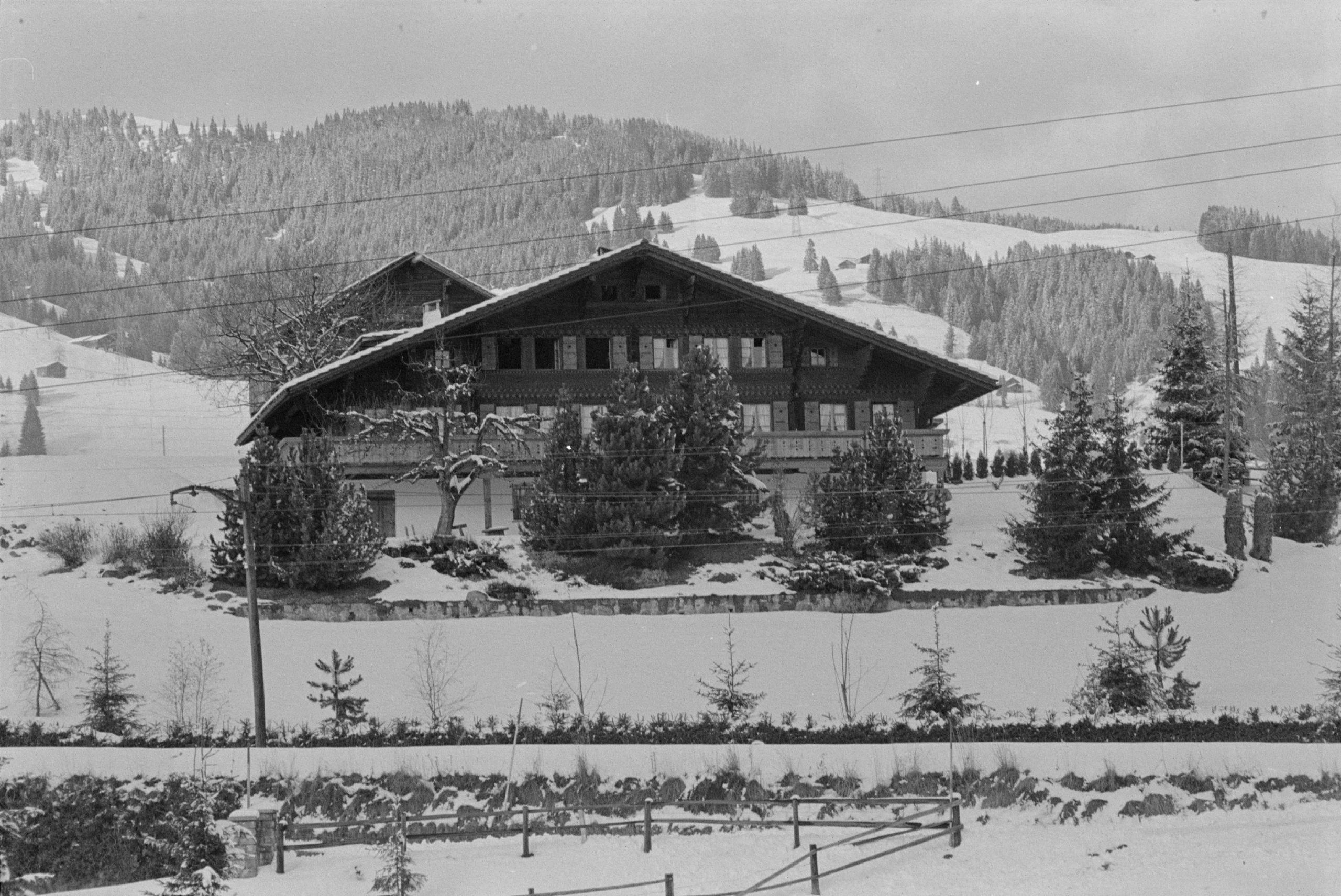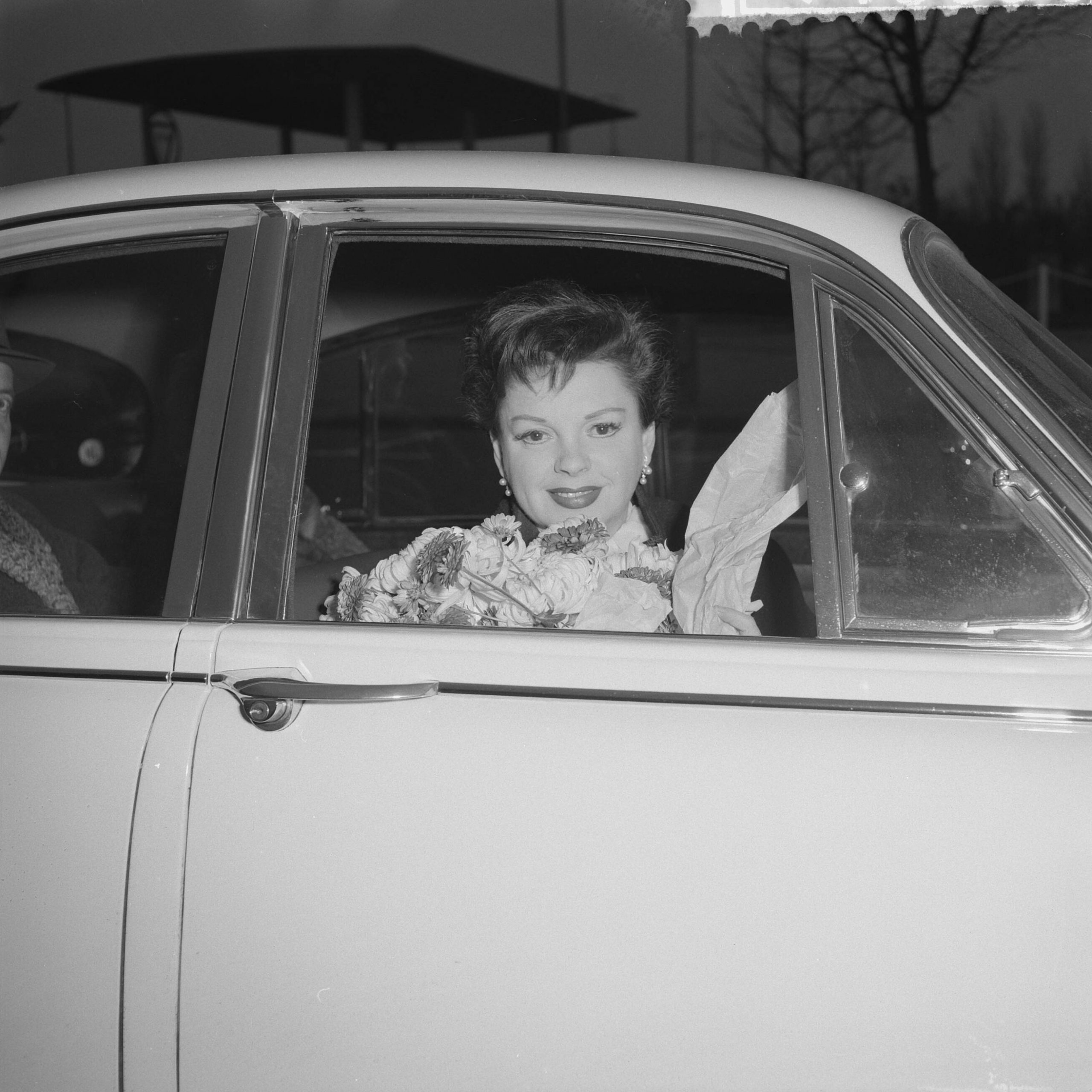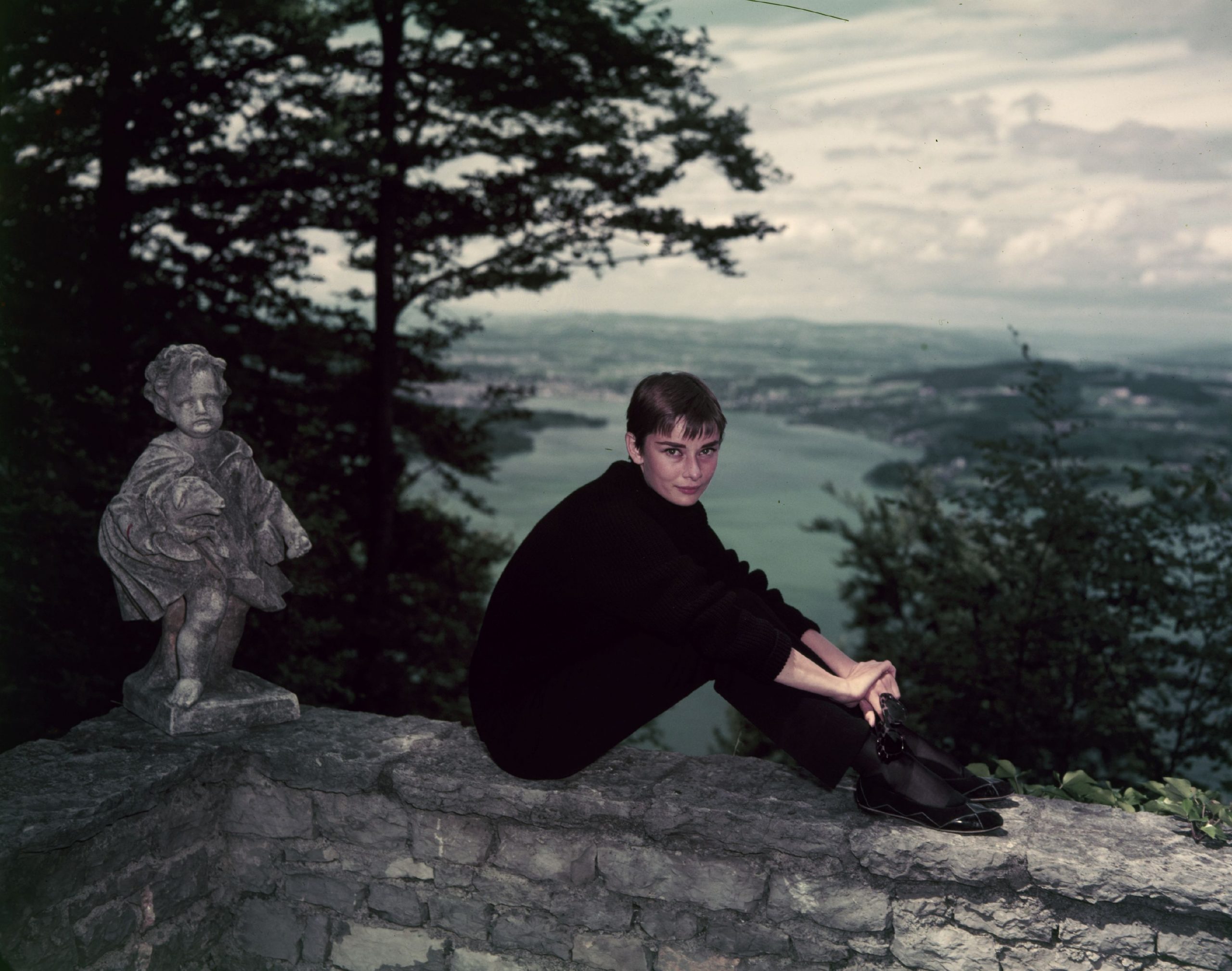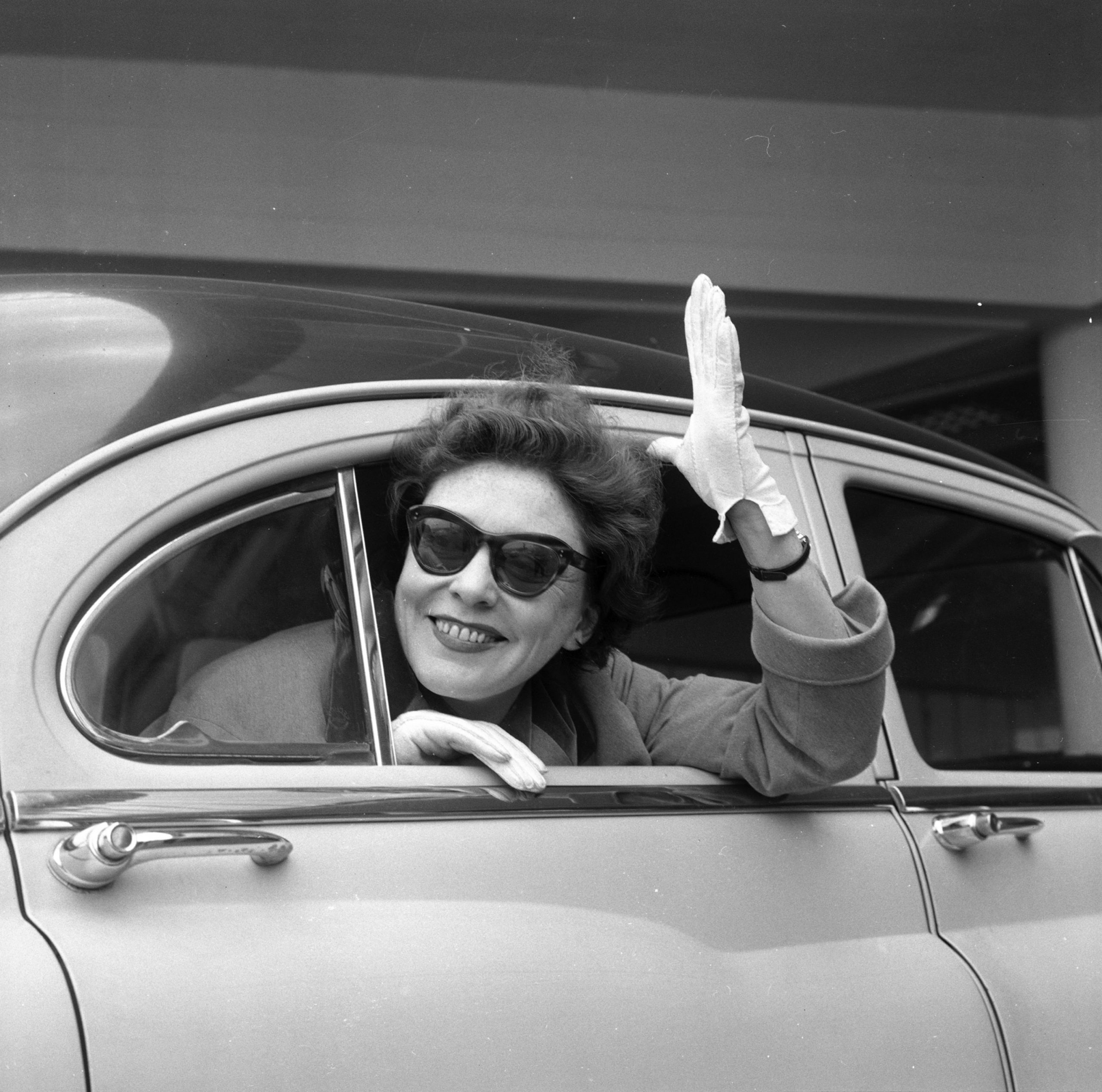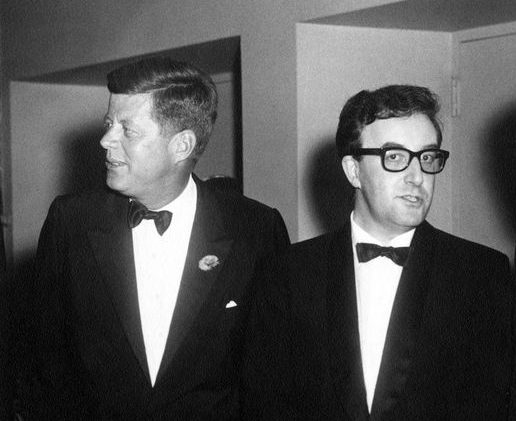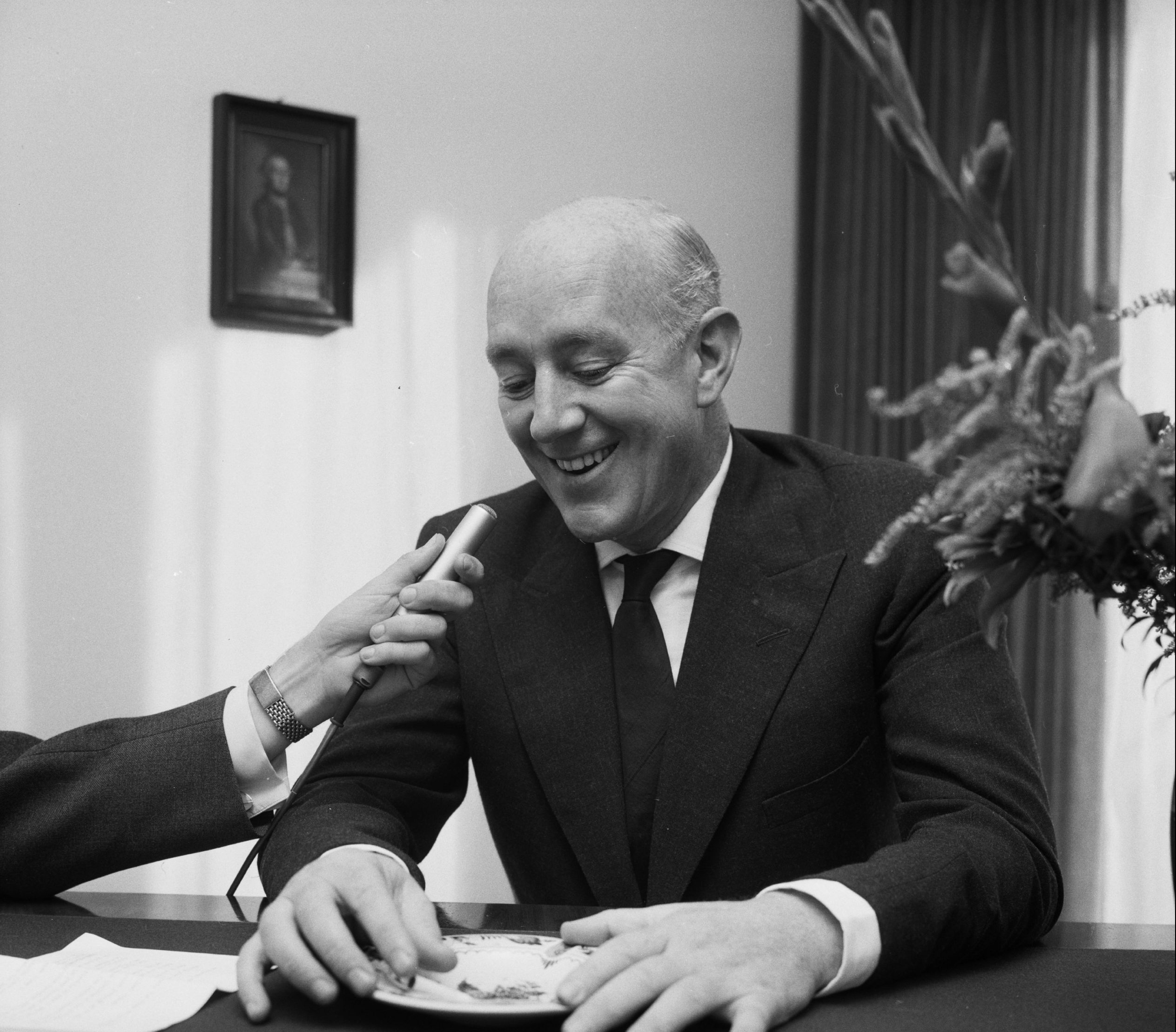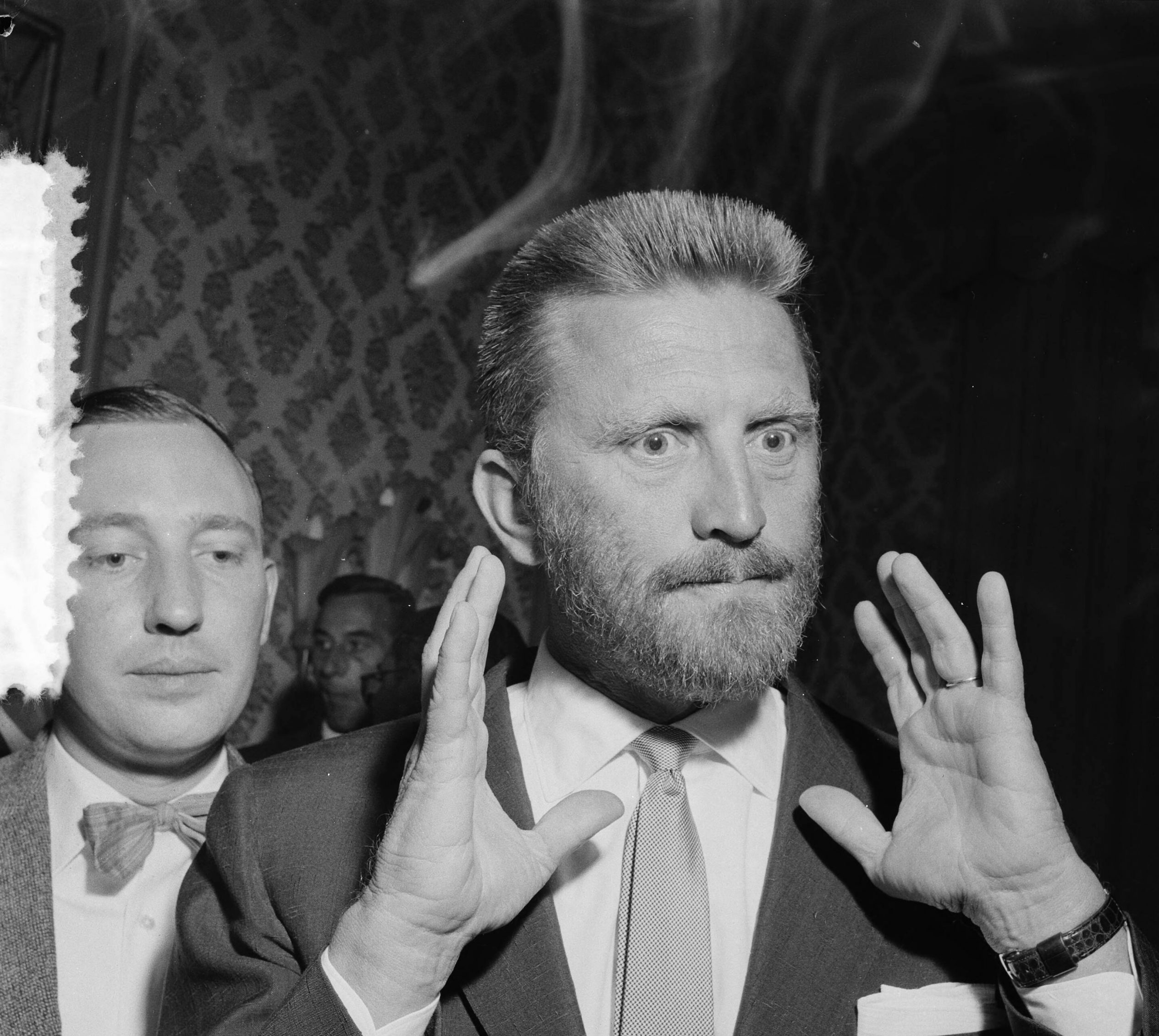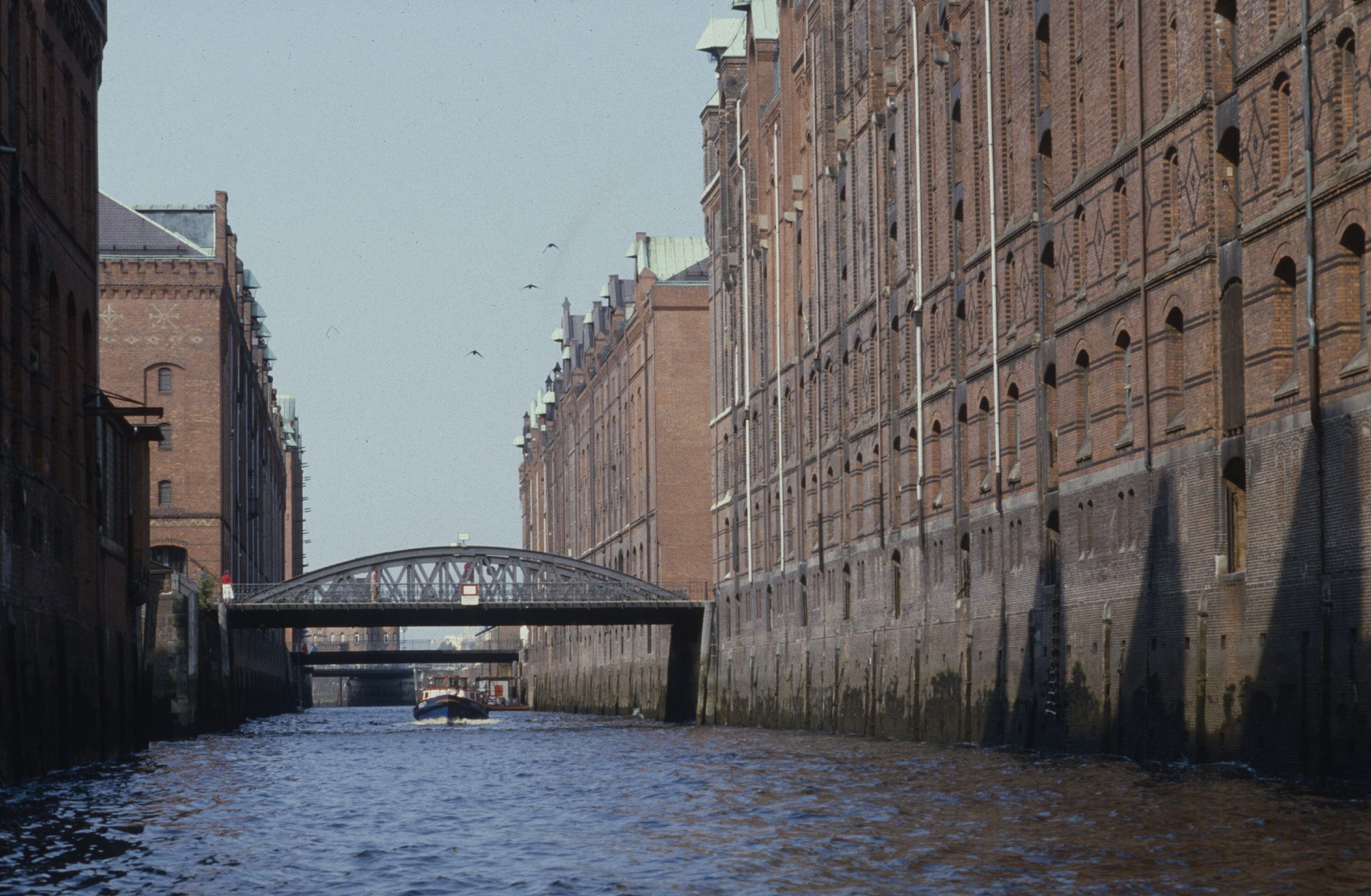Throughout his life, he was regarded by the public as the actor of villains par excellence: Yet Christopher Lee’s repertoire of roles was much larger. His numerous roles as Dracula in adaptations of the horror film material cemented Christopher Lee’s status as a screen villain. According to his memoirs, Christopher Lee was sitting at the table with his friend and distant relative, the Italian politician Nicolò Carandini, one evening immediately after the Second World War, discussing his future. Christopher Lee had just been discharged from army service and suddenly Carandini came up with the idea that his friend Christopher Lee could become an actor after all. As Lee describes, the decision was made at that very moment: he would become an actor. The fact that until then his only encounter with acting had been some school plays was ignored.
Lee as an extra
His friend Nicolò Carandini helped Christopher Lee to obtain a contract with Two Cities Films, a production company that produced films in London and Rome. Because of his above-average height at the time, Christopher Lee was initially not even considered for a contract.
In the drama Corridor of Mirrors (1948) Christopher Lee played the first film role of his life – but he was no more than an extra. Terence Young, who later became known for directing numerous James Bond films, made his debut as a director in the film. Lois Maxwell, who later played Miss Moneypenny in the James Bond films, also had a minor role in Corridor of Mirrors.
A year later, Lee met the young Roger Moore during the filming of Trottie True (1949). It was not to be the last time that the two met…
After listening to Tito Gobbi a few times in Naples, he became fascinated by classical music.
Classical music
In the following years, Christopher Lee led an existence of insignificance as an actor: for many of his activities, he was not even mentioned in the credits.
But being mentioned in the credits was initially anything but important to Christopher Lee: in his memoirs, he emphasises that it takes at least 10 years to learn acting techniques – so during this time, it is not exactly an advantage if an actor already enjoys stardom, according to Lee.
But before he embarked on the path of acting, he considered taking a different route: after listening to Tito Gobbi a few times in Naples, he became fascinated by classical music. Classical music captivated Christopher Lee so much that he wanted to become an opera singer himself: At an audition at the Royal College of Music, he was certified as having great vocal talent, but he was already too old for professional vocal training. The Swedes saw things differently a few years later…
Too tall for the cinema
He was too old to train as a singer and too tall to act: in the late 1940s and early 1950s, Christopher Lee was confronted with these two problems, which made it difficult for him to successfully enter the stage business. He was “too tall for the cinema” is a sentence he heard again and again.
When Christopher Lee got a part in the 1948 expedition film Scott of the Antarctic in which he spoke a few lines and was named in the credits for it, it is said to have been like Christmas for him.
During his time at Two Cities Films, Christopher Lee followed a curious tradition: although cinema and theatre were normally two separate branches, Two Cities Films regularly sent their young actors to the theatre for a few weeks to gain acting experience. Although Lee also acted regularly in films, his studios soon told him that he was too tall, that he still hadn’t made a name for himself as an actor and that they therefore couldn’t renew his contract.
It was merely a matter of not disappearing into insignificance altogether.
Jussi Björling
Christopher Lee later emphasised that he regretted not having had the opportunity to play bigger roles in the golden age of British cinema in the late forties and early fifties. Instead, he stood in line at the box office like few other acting students, watching every new release in the cinema.
In 1951 Christopher Lee was again given the opportunity to act in a film directed by Terence Young: In Valley of Eagles (1951) Lee played a small supporting role. In those days, the goal for Lee was not to become a star: It was merely a matter of not disappearing into insignificance altogether. The film Valley of Eagles was set in Sweden: In his memoirs, Christopher Lee describes how he fell in love with Sweden during the filming. Lee was even able to live out his penchant for the art of opera in Sweden: One evening he met the Swedish tenor Jussi Björling at a party and sang opera duets with him. Björling was fascinated by Lee’s voice and invited him to audition at the artistic director’s of the Royal Opera in Stockholm the next day – since liquor was also served that evening, Lee wondered if Björling was serious about this…
Once-in-a-lifetime opportunity
When Christopher Lee arrived at the opera the next morning, he found that Björling had been serious: After an audition, they made him an offer to hire him at the Royal Opera in Stockholm if he decided to live in Stockholm in the future. What the British had categorically rejected a few years earlier now became reality: Christopher Lee had the opportunity to become an opera singer. But Christopher Lee declined – he emphasised later, however, that this was not an easy decision for him. It almost irritated him that the Royal Opera in Stockholm would have accepted him with open arms. After his sobering experience at the Royal College of Music a few years earlier, Lee had completely abandoned the dream of one day becoming a singer. He was by now determined to become successful as an actor.
But the pressure to finally make his breakthrough as an actor was mounting…
Main source: Lee, Christopher: “Tall, Dark and Gruesome”, 1999 Midnight Marquee Press
Cover picture: © Simon von Ludwig

 Deutsch
Deutsch
